How AI is Empowering Us to Become Creators, Not Just Consumers
We live in an age dominated by paid subscriptions for software and online services. As …
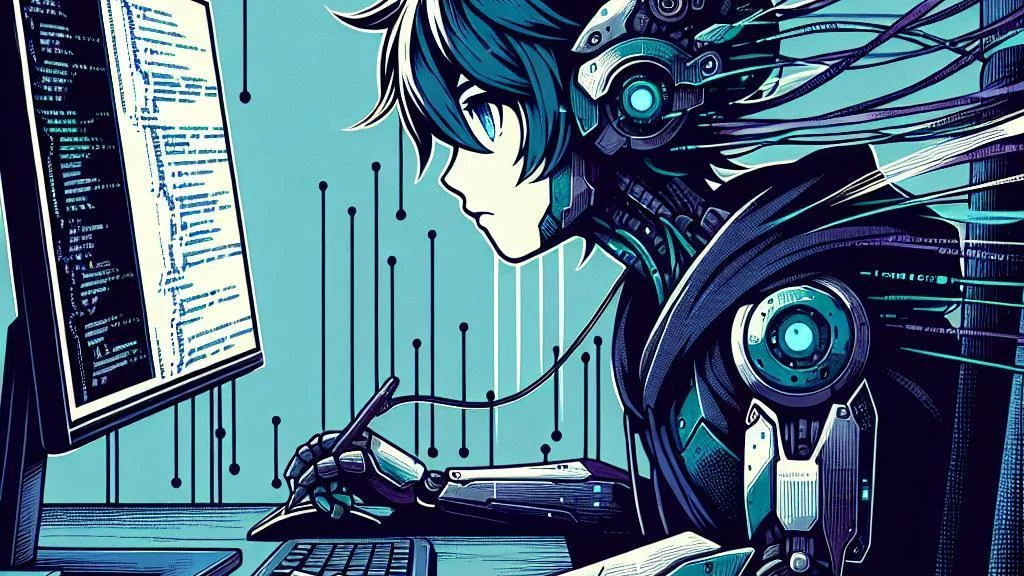
We are waiting on the cusp of a thrilling evolution in the programming world, one propelled by the relentless march of artificial intelligence into virtually every facet of technology. This evolution is not merely a step forward but a giant leap into a future where the languages we use to talk to machines are transformed beyond recognition.
It's a future that beckons with promises of efficiency and challenges our adaptability. How do we prepare for this seismic shift in programming languages, and what does it mean for the traditional role of software developers?
In this article, we dive headfirst into these pressing questions, exploring the impending paradigm shift and its cascading effects on developers, the tools they use, and the skills they need to thrive.
Let me paint the picture: developers, long the artisans of the digital age, might soon find themselves guiding rather than building. With AI stepping into their shoes, the quintessential role of a developer is morphing into something more akin to an orchestrator or a prompt engineer.
This shift isn't about sidelining human ingenuity but harnessing it differently - steering AI to achieve outcomes that align with our ever-complex digital aspirations.
But it's not all smooth sailing. The rise of AI in the development process introduces new challenges, especially in tailoring user experiences and ensuring that our digital creations stand out in the vast sea of online content. And, as the bedrock of coding starts to tremble, new Integrated Development Environments (IDEs) are emerging, promising to reshape how we interact with the software creation process. So, what skills should developers be honing to survive and thrive in this AI-driven landscape?
Here's a condensed roadmap, in bullet points, guiding developers through this transformation:
As daunting as these changes may sound, they herald a new era of possibilities for developers willing to adapt. By redefining our role in the AI-driven future of software development, we can continue to be the architects of the digital world, crafting experiences that delight, inform, and engage. Welcome to the future — it's time to prepare.
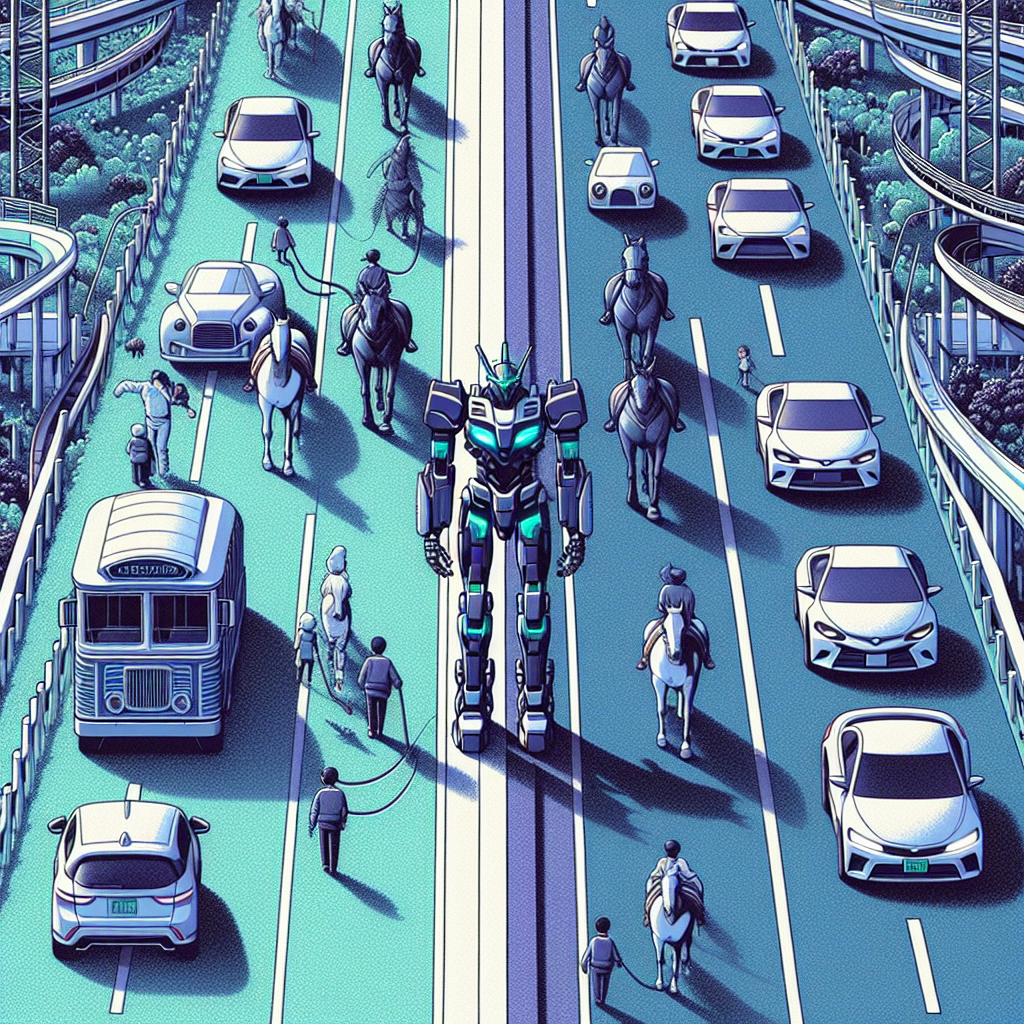
The languages we utilise for coding today stand on the brink of an unprecedented transformation, driven primarily by advancements in artificial intelligence. This shift points to the emergence of a novel programming language starkly different from what we've been accustomed to. Traditional coding languages have endeavoured to become more human-readable, inching ever closer to natural language processing. However, with AI stepping into the coder's shoes, the focus pivots from human readability towards optimising communication between AI entities.
"In the next 24 months, we'll see a brand-new type of coding language emerge from AI. And I think it will be like nothing we've seen before."
This future, while exciting, underscores the need to adapt. The syntax and structure that have been the bane and boon of developers' existence may soon take a backseat, with the desired application outcomes taking precedence.
The impending paradigm shift obliges us to reassess the traditional role of software developers. Historically positioned as the bridge between human requirements and machine-compatible code, developers have had to understand the intricacies of programming languages and the myriad ways users interact with software. With AI likely usurping this bridging role, the necessity for developers to assume their conventional roles diminishes. Future developers might transition into roles akin to supervisors or 'prompt engineers', steering AI towards achieving the desired outcomes without directly engaging in code writing.
"If you're a developer worried about AI taking your job, yeah, that's right. It will. But there's one skill you need to start working on now to save you from the future. And that is documentation."
Integrating AI into the development process heralds a time when the developer's primary job involves effectively communicating requirements and outcomes to the AI rather than crafting lines of code.
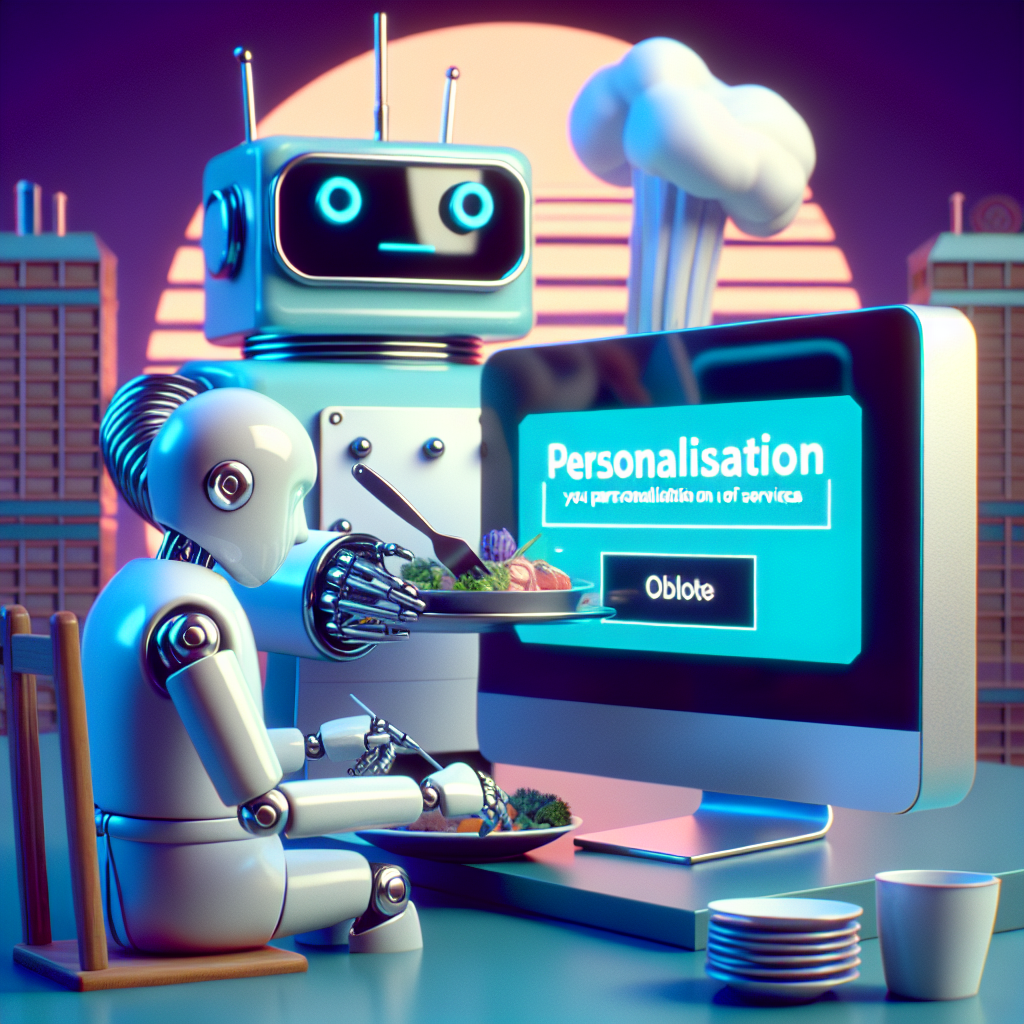
The concept of websites and applications dynamically adapting to individual users is not new. However, AI's involvement elevates this notion to hyper-personalisation, promising to enhance user experiences significantly. This shift, though advantageous, presents unique challenges, especially regarding SEO and visibility. Developers will find their roles extending to include:
"Every single piece of website and every single piece of content...we're going to start to move towards a world where every website is hyper-personalised. It's going to kill your rankings, though."
This new era necessitates developers to master AI-driven development tools, making it imperative for them to adapt quickly to remain relevant in the field.
New IDEs designed to interface directly with AI are starting to emerge in response to this shifting landscape. These tools promise to transform the traditional coding experience into a more visual or prompt-based.
"In the next six months, I expect to see a new type of IDE come out, and I am so here for it."
Such advancements indicate a move towards a different skill set for developers, highlighting the importance of:
The role of a developer is evolving from one of writing code to one of crafting the perfect prompts for AI to generate the needed code.
To navigate this evolving landscape, developers must acquire a new set of skills, focusing on:
"If you can structurally explain exactly what you want, how you want it to interact...Then I think you're going to be okay."
By embracing these changes and evolving their skill sets accordingly, developers can ensure they continue to play a pivotal role in the digital landscape. The future of software development promises opportunities for those willing to adapt, viewing AI advancements not as a threat but as a tool for driving innovation and efficiency.
the landscape of programming and software development is rapidly changing, significantly influenced by advancements in AI. For developers, particularly those leading early-stage startups or established small businesses, staying ahead requires a proactive approach to learning new skills and adapting to new roles. Focusing on documentation, prompt engineering, unit testing, design thinking, and even sales can ensure relevance in an AI-driven environment, turning potential challenges into opportunities for growth and innovation.
Some other posts you may like
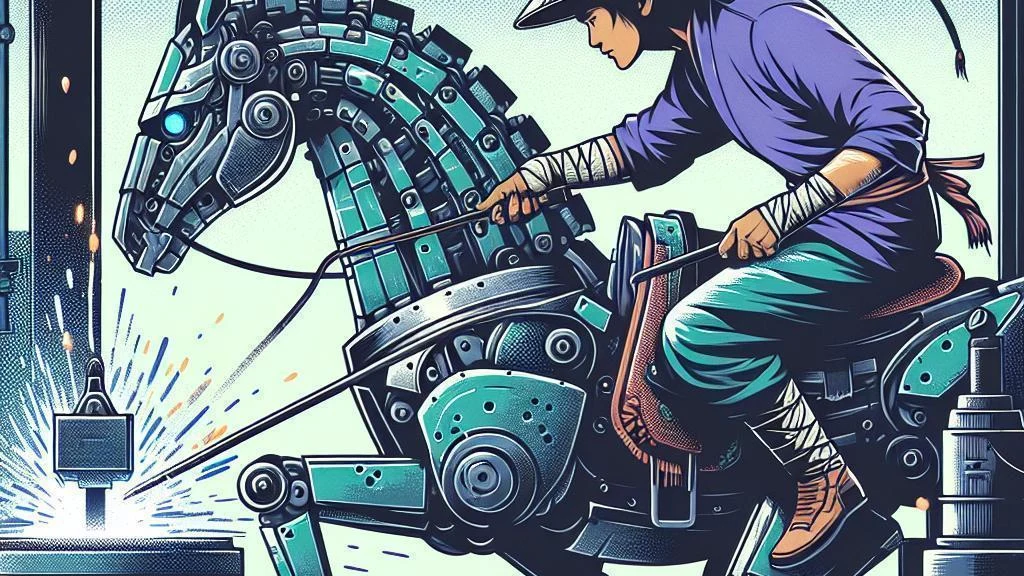
How AI is Empowering Us to Become Creators, Not Just Consumers
We live in an age dominated by paid subscriptions for software and online services. As …
February 21, 2024
Read More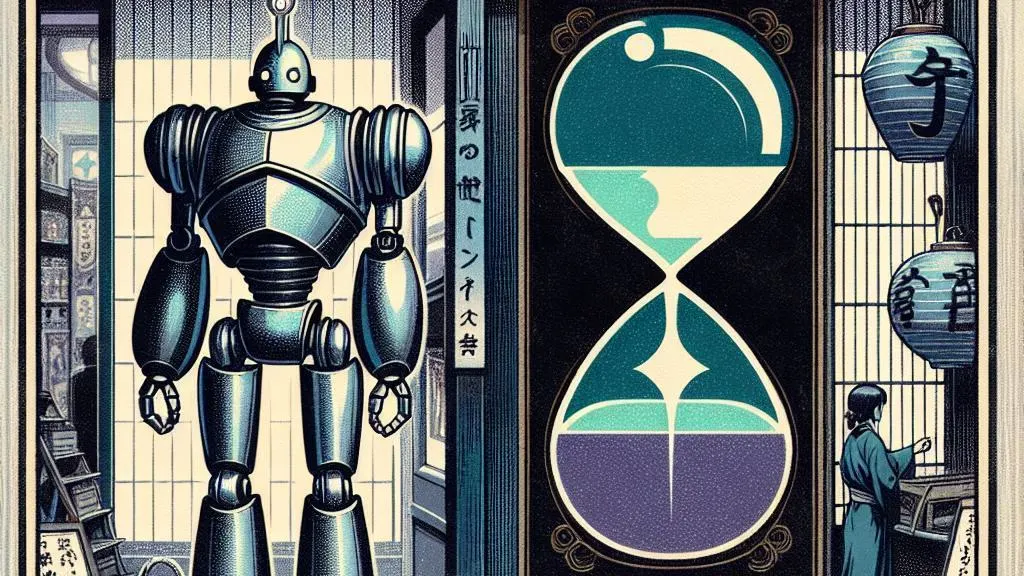
How do you use TikTok to market your business?
As small business owners, we know that staying ahead of the curve in marketing is …
February 21, 2024
Read More